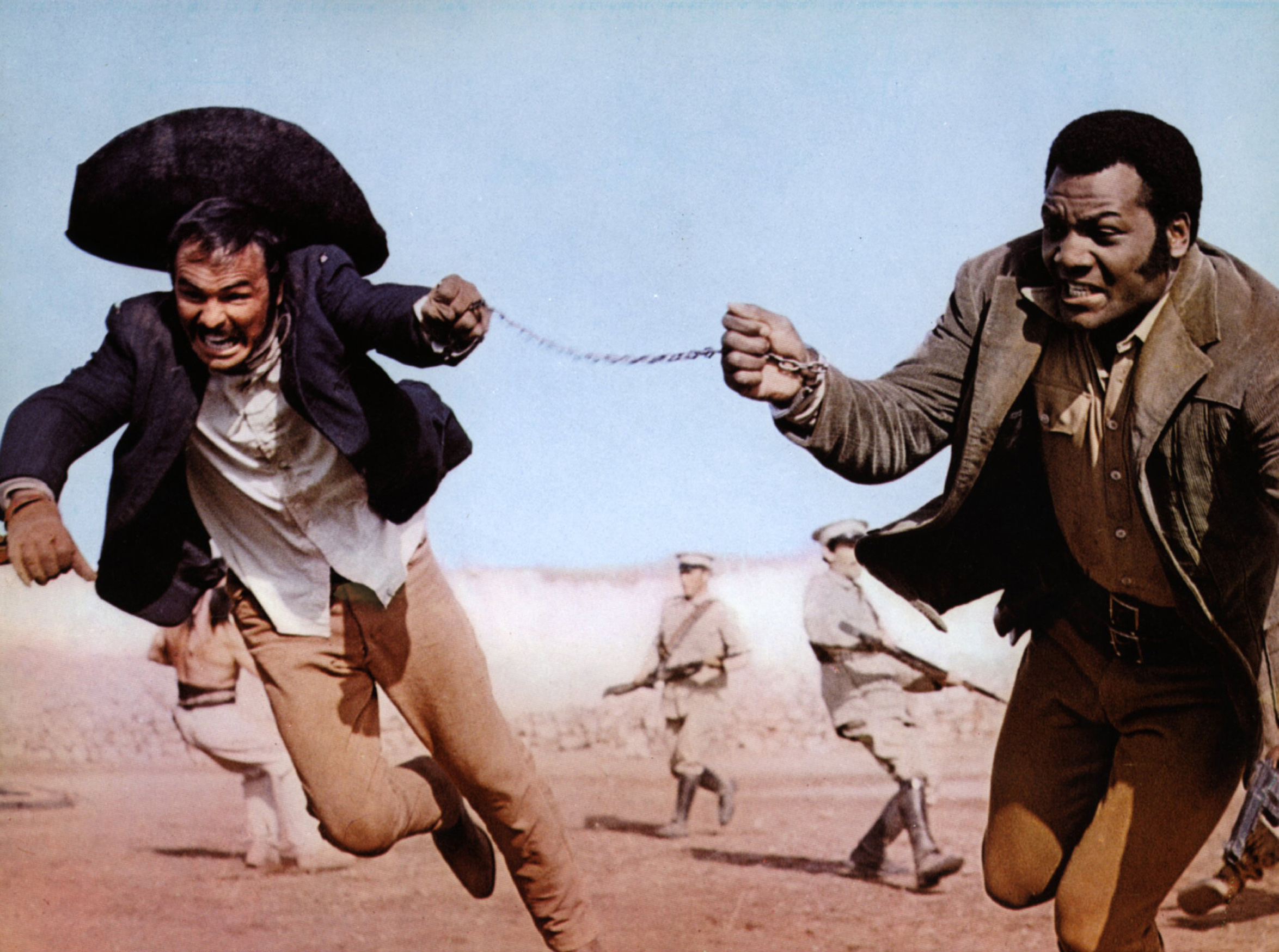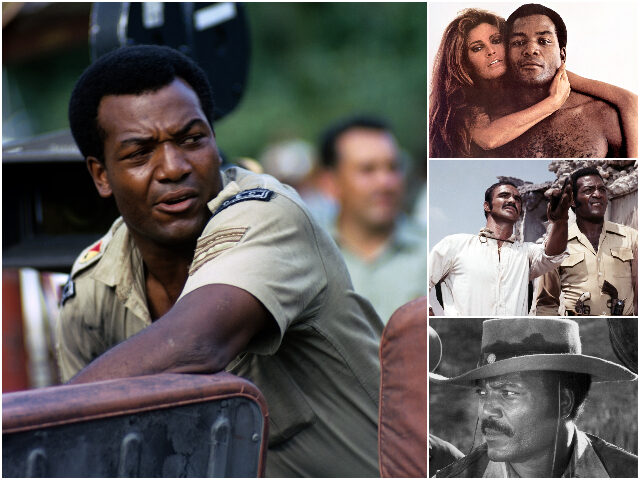James Nathaniel Brown was born in 1936 and passed Thursday at age 87. For reasons no one need explain, he will primarily be remembered for his extraordinary athletic achievements in college and professional football. To give you an idea of just how great of an athlete Jim Brown was, think about this.
Although Brown retired from pro football more than 50 years ago, some of his records still stand. Fifty-plus years of advancements in the sport, steroids, and what have you, and Brown not only holds those records, many still consider him the greatest football player of all time.
But I’m not a sports fan. I’m a history and movie fan. Brown made his mark in both.
Before it was cool, all the way back to the 1950s, when speaking out about American racism, especially against the Democrat party’s Jim Crow laws, could cost you everything, primarily a career, Jim Brown stood tall and spoke out. He wasn’t alone in those difficult early days. There was Harry Belafonte (who we just lost), Charlton Heston, Marlon Brando, and James Garner. But in the sports world, Brown was a leader volunteering to take point.
Brown lived his life taking point. When the civil rights movement became perverted into just another arm of a Democrat party that went from Jim Crow to the equally soul-destroying welfare state, Brown spoke of “black capitalism” and launched organizations to help others achieve the American dream. Then, in the late 80s, he used his clout as a legend to lessen the violence among Los Angeles gangs.
In 2020, after then-President Trump’s economic and border policies had done more to help black Americans than any president in history, Brown showed enormous moral courage by endorsing Trump’s re-election.
Like any of us lucky to see old age, Brown led a sometimes complicated and troubled life, and sometimes he disappointed us. But the man in full was something else: a man with a generous spirit, a sports hero eager to use his status to help others, a living legend who taught people of all races that the only way to go through life is to be your own man.
Purely by coincidence, I rewatched one of my favorite Westerns, 100 Rifles (1969), the night before he died. It’s not a great movie. Quentin Tarantino reportedly said of it: “I mean Jesus Christ, how do you fuck up a movie starring Jim Brown, Burt Reynolds, and Raquel Welch?”
I wouldn’t go that far in disparaging it because the unending pleasure of the movie comes from Jim Brown, Burt Reynolds, and Raquel Welch—three ambitious actors early in their careers looking to the future and knowing it was time to deliver a Movie Star Performance—and do they ever, especially Reynolds.

Kino. 100 Gewehre, (ONE HUNDRED RIFLES) USA, 1968, Regie: Tom Gries, BURT REYNOLDS, JIM BROWN. (FilmPublicityArchive/United Archives via Getty Images)
But Brown is beyond great as Lydecker, an American lawman who heads to Mexico to bring a bank robber, Yaqui Joe (Reynolds), to justice and ends up in the middle of a revolution. Shallow critics too often confuse stoicism with “wooden acting.” The difference is all the difference, and Brown understood the power of stillness, of presence. He especially understood how to pay that power off with the shift of an eye or a subtle change of expression.
What I mean is that Jim Brown was cool.
I sure miss cool. I surely do.
If you want to talk about an underrated actor, look at what Brown accomplished in the 1967 World War II masterpiece The Dirty Dozen. If. To begin with, in real life, Brown was pure alpha male, and yet through whatever magic actors possess and to the benefit of the movie, he put that seemingly insurmountable quality aside to create Robert T. Jefferson, the most sympathetic of the Dozen.r
Jefferson’s death is unforgettable, and not because of the pyrotechnics, and not because he died a hero (although he did). It’s because Brown delivered something unspoken about the man, something tragic, resulting in a heroic death that still feels senseless. Although Jefferson died for a good cause, you still feel the injustice of a wasted life, that a good man was filled with a promise he wasn’t allowed to fulfill in an unjust world—so he ended up here, forced to choose between the gallows and a suicide mission… And still, he gives his life for us. By any standard, it’s a helluva performance.
Fast-forward to 1978 and James Toback’s directorial debut, Fingers. Brown’s quiet, hulking, and undeniably charismatic menace helps us understand how beautiful women can end up in something destructive and ugly.
Then fast-forward to 1998 and watch Brown hold his own with The Mighty Denzel Washington in Spike Lee’s underrated He Got Game (1998).
Brown also made several terrific genre films, including the blacksploitation films Slaughter (1972), Slaughter’s Big Rip-Off (1973), Three the Hard Way (1974), and my favorite of the four: Black Gunn (1972). His screen debut was in one of the most under-appreciated (and tough) mainstream Westerns of the 60s, the brutally entertaining Rio Conchos, with Richard Boone, Tony Franciosa, and Edmund O’Brien.
You can also watch Jim Brown spoof himself in Keenan Ivory Wayan’s hilarious and affectionate I’m Gonna Git You Sucka (1988), which I wrote at length about in 2021.
People who love cinema might not miss Jim Brown, but those of us who love movies already do.
Follow John Nolte on Twitter @NolteNC. Follow his Facebook Page here.

COMMENTS
Please let us know if you're having issues with commenting.